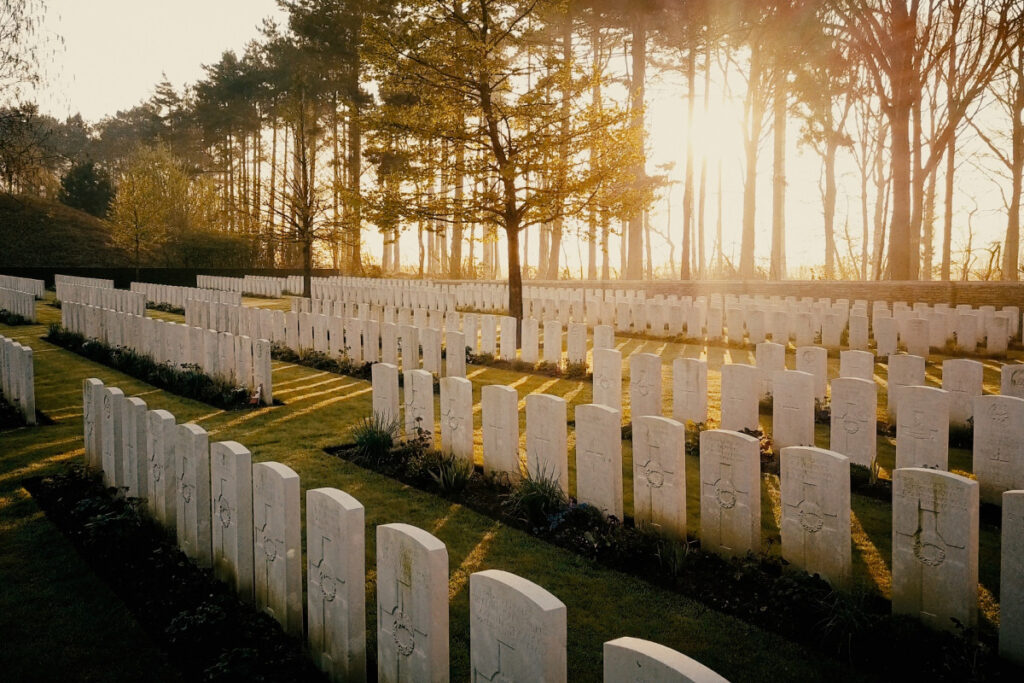Note: If you wish to receive, via e-mail, (1) my weekly newsletter or (2) daily copies of these posts, write to me at [email protected]. Comments may also be sent to this address. I promise not to share your e-mail with anyone. To unsubscribe, write here as well.
Monday – Memorial Day
British poet Wilfrid Wilson Gipson, who saw two years of action in World War I before an injury sent him home, wrote “Lament” immediately after the war ended. In some ways, he appears to be suffering from survivor’s guilt, or at least shock at how it no longer seems possible to enjoy the small things of life.
The poem is powerful in its quiet simplicity, which is not easy to achieve for someone who has experienced war firsthand. One reviewer of the time wrote of Gipson, “Under the impact of the greatest crisis in history, he has been not stunned to silence or babbling song, but awakened to understanding and sober speech, and thereby has proved his genius.” Another said that, although his poems are “nothing more than etchings, vignettes, of moods and impressions,” they nevertheless “register with a burning solution on the spirit what the personal side of the war means to those in the trenches and at home.”
In other words, Gipson struck a chord amongst those who were still reeling from “the Great War.” By attaching words to feelings that seem to defy language, poetry gives us a place to rest. And to remember.
Lament
We who are left, how shall we look again
Happily on the sun or feel the rain
Without remembering how they who went
Ungrudgingly and spent
Their lives for us loved, too, the sun and rain?
A bird among the rain-wet lilac sings –
But we, how shall we turn to little things
And listen to the birds and winds and streams
Made holy by their dreams,
Nor feel the heartbreak in the heart of things?


